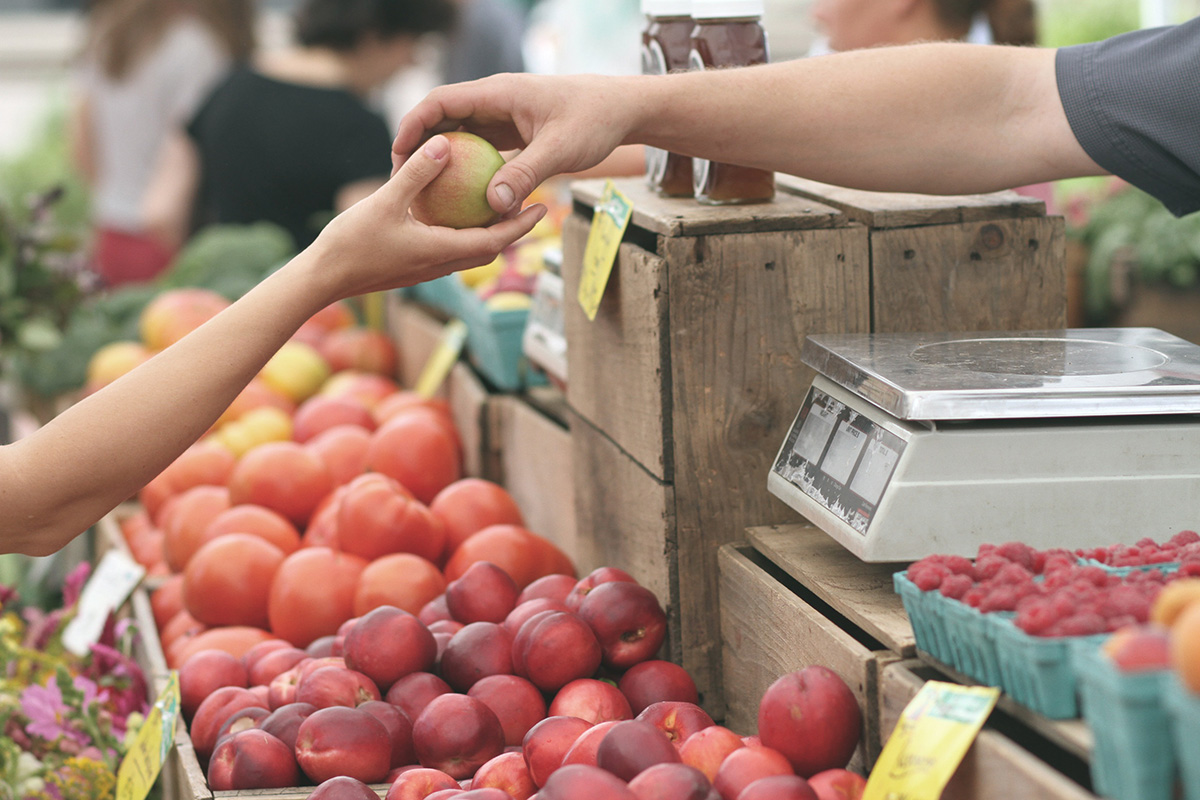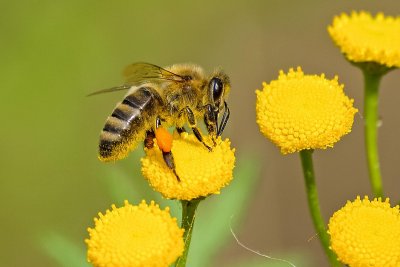News • Good Food Trade Campaign
Government expected to apply tariffs to imported food to protect British farmers
The Government had been expected to make an announcement about future tariffs on imports to the UK this week, but a paper on the impact of a ‘No Deal Brexit’ (released on Tuesday 26 February) said only that it was expected ‘soon’.

The Guardian had previously reported that the government was intending to spell out its plan on Monday “to mitigate a potential £9bn food-price shock from a no-deal Brexit, as analysts predict the cost of staples such as beef, cheddar cheese and tomatoes could soar.”
A trade arrangement on food is critical, because 30% of food in the UK is imported from the European Union. This is especially important during what is known as the UK’s ‘hungry gap’ of April and May while British farmers wait for domestically grown produce to be ready. A letter from leading retailers to the UK government recently flagged that 90% of lettuces, 80% of tomatoes and 70% of soft fruit sold in the UK is grown in the EU.
There have previously been reports that international trade secretary Liam Fox had been considering slashing all import tariffs in the event of a no deal Brexit to avoid food price inflation and shortages. However, agriculture and environment secretary Michael Gove told the National Farmers’ Union annual conference that this would not be the case and that there would be “protections for sensitive sections of agriculture and food production” - which look likely to be sectors such as meat and dairy.
The government's No Deal paper states that tariffs would vary sector by sector and flagged that the food industry is likely to be disproportionately affected by stiff tariffs imposed by the EU. As an example, it predicted the EU would introduce around 70% on beef and 45% on lamb exports from the UK.
Published Wednesday 27 February 2019
Good Food Trade Campaign: Campaigning for good trade that benefits people and the planet at home and overseas.





